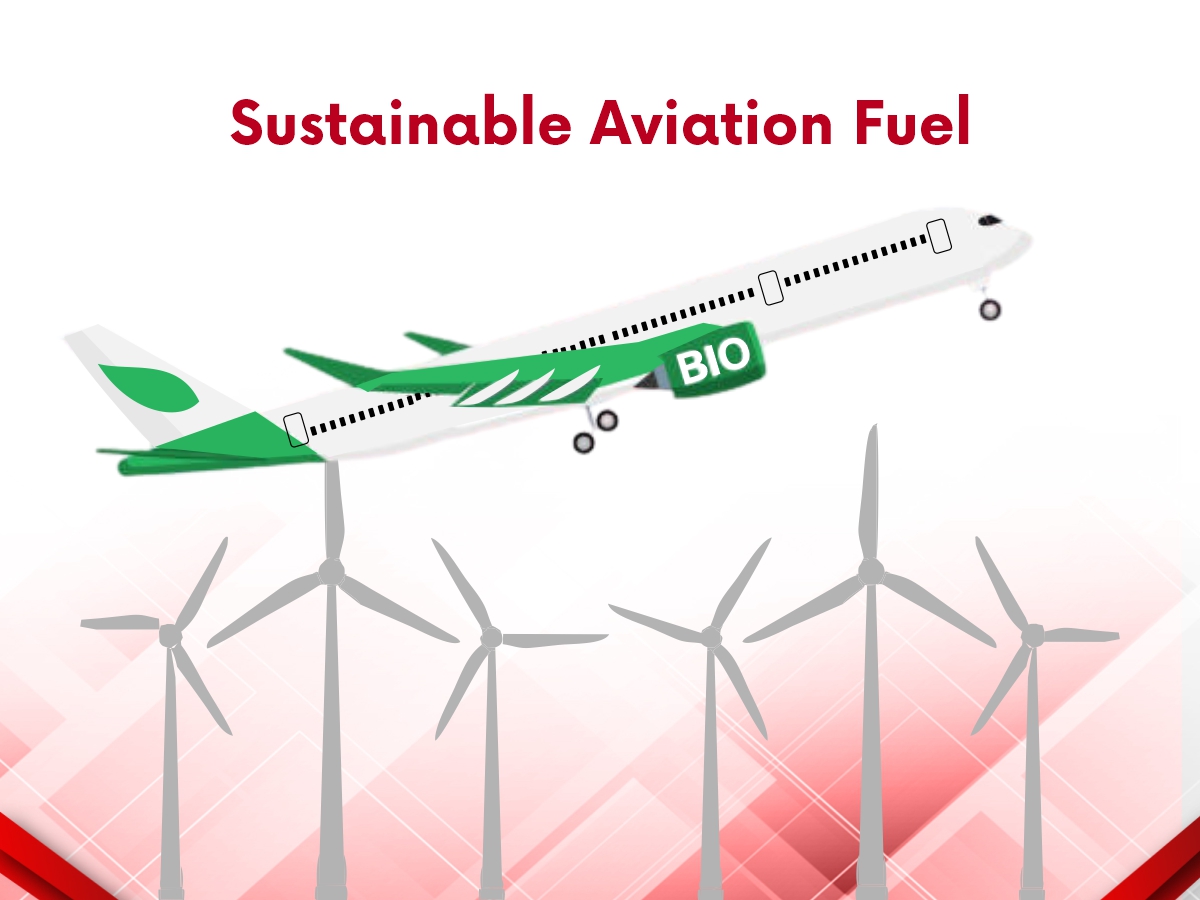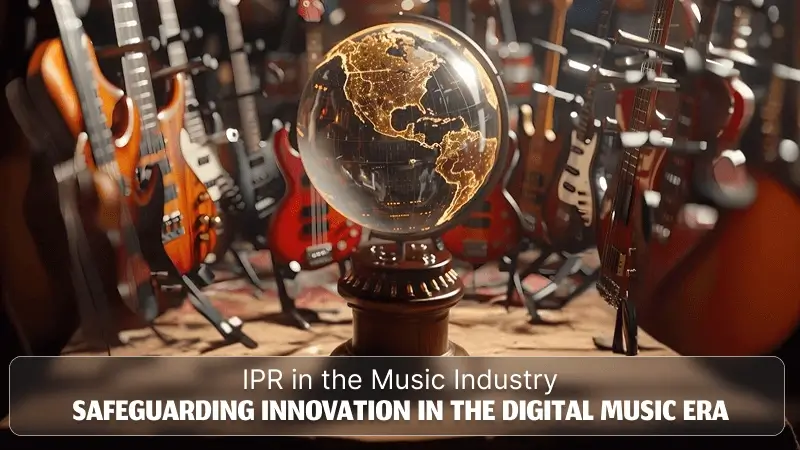
Have any thought came to your mind that plant can make a plane fly?
No, right! But this is happening today. The Aviation industry has been keeping an eye on other alternatives to fossil jet fuels to reduce flight emissions. Planes are responsible for 2% of global carbon emissions and are responsible for 3.5% of global warming. How? Because airplane fuel comes from oil which may not be suitable for the planet. Aviation Industry contaminates the air by producing CO2 emissions in the environment because electric planes are not there yet. Then the only solution we have is to find a better fuel. Therefore, the airplane industry is investing in sustainable aviation fuel.
That’s what we are going to discuss today in our blog. Today’s blog will help you to understand “Sustainable Aviation Fuel”.
Sustainable Aviation Fuel (SAF) is an abbreviation for sustainable aviation fuel. It is made from renewable feedstocks and has similar chemistry to traditional fossil jet fuel. Sustainable Aviation Fuel (SAF) reduces carbon emissions compared to the traditional jet fuel it replaces over the fuels’ lifecycle.
Jet fuel has a high energy density relative to its weight, which enables commercial flight
At present, there are no other feasible options for carrying large groups of people swiftly over great distances because aviation is dependent on this sort of fuel.
The carbon footprint of a return flight between London and San Francisco is roughly 1 ton of CO2 per economy ticket.
With the aviation sector set to double in size to over 8 billion passengers by 2050, we must act now to cut carbon emissions, and Sustainable Aviation Fuel (SAF) is one way to achieve just that.
Depending on the sustainable feedstock used, production method, and the supply chain to the airport, SAF can reduce 80% carbon emissions.
In comparison to traditional jet fuel, SAF is costlier. The reason for this can be the current availability of sustainable feedstocks and undergoing development of new products in technologies. It is estimated that as the technology matures it will become more efficient and will be less costly for a customer.
SAF can play a major role to meet the aviation industry’s need to reduce carbon reduction, however, all the options must be used so that we can reduce carbon emissions.
More efficient aircraft design, smarter operations, and the development of future technologies are just a few of the broad prospects for carbon reduction across the industry.
In Abu Dhabi, there is a sustainable aviation fuel that is used by Etihad airways.
This oil plant is grown in between a desert and with the help of ocean water. Yes, you heard it right, Ocean water. This plant does not require any fresh water to grow. The best part of this plant is that it grows a lot of seeds. So, these tiny seeds are collected, crushed, and then the oil is extracted from them. This oil has so much energy to power fuel a Boeing plane.
This extracted oil has the same chemical properties as traditional jet fuel and has higher density energy than normal jet fuel.
This new fuel looks promising and works like normal fuel but it reduces the carbon emissions by 80%.
The companies which are working on Sustainable Aviation Fuel are as follows:
The emerging start-up companies which are working on Sustainable Aviation Fuel are as follows:
Even today, 1% of Airplanes are using sustainable fuel. This fuel is expensive but overtime it will get cheaper because the world is trying to generate oil from sugarcane corn and trash. Yes, you heard it right! Trash may be empowering a complete airplane. This can be considered the fuel of future aviation. And for the next 10 to 30 years this is on its way to being used in planes.
To save our environment we need to find better ways and use fuel that is more sustainable. We at Wissen Research keep you updated about emerging technologies with our market research. So, stay tuned until next time.

IPR in the Music Industry: Safeguarding Innovation in the Digital Music Era

Innovation in Automobile Industry: Key Tech & IP Trends to Watch

Protecting Innovation in Fashion: Key IP Strategies Every Fashion Brand Should Implement

From Lab to Table: How Cultivated Meat is Revolutionizing the Industry?
© Copyright 2024 – Wissen Research All Rights Reserved.